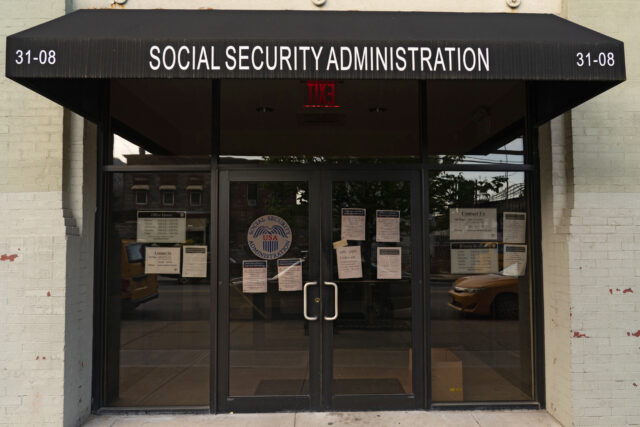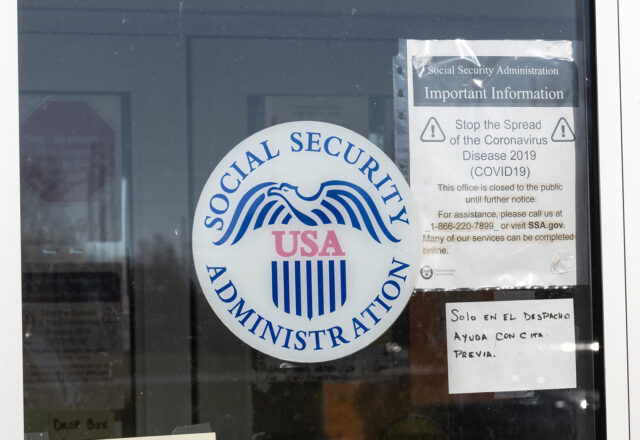
How Might COVID-19 Affect Future Employment, Earnings, and OASI Claiming?
Abstract
The medium- and long-term effects of the COVID-19 pandemic are of continued interest to policymakers, advocates, and academics. Given the importance of health in decisions to work, earn, and eventually claim OASI benefits, COVID may have long-term effects on programs SSA administers even well after the official end of the pandemic. To this end, this report examines how COVID has affected the health of Americans, as well as their employment, earnings, and OASI claiming since the onset of the pandemic. The focus is on two main channels. First, the pandemic led to disruptions in the supply of healthcare that may have delayed or prevented required care. Second, infection may have led to an array of post-acute and chronic conditions, so-called long COVID.
To examine these channels, the analysis focuses on mid- to late-career individuals, defined as those who were between the ages of 50 and 75 when the pandemic began in 2020. It uses rich longitudinal data on health and employment before, during, and after the pandemic from the Health and Retirement Study (HRS), a nationally representative survey of individuals 50 and older, interviewed every two years until death. The HRS is the preeminent data source for addressing how health and employment evolve over time.
There are a number of principal findings:
- Almost one-third of individuals in this age group experienced a disruption in their healthcare during the pandemic, with the highest incidence among female, more educated, and single individuals, as well as those with pre-pandemic heart and lung diseases, arthritis, and psychiatric and depressive conditions.
- After accounting for a wide array of demographic factors, pre-pandemic health, insurance coverage, and pre-pandemic employment status, there is little association between having experienced a healthcare disruption and the likelihood of being employed late in the pandemic.
- Disruptions in the normal supply of healthcare, which were at the time largely out of the control of individuals, are likely not an important concern for the evolution of employment in the post-pandemic labor market.
- Sixteen percent of American adults between the ages of 50 and 75 ever had long COVID as of July 2024, with 5 percent currently suffering from the condition.
- After accounting for a wide array of demographic factors, pre-pandemic health, insurance coverage, and pre-pandemic employment status, female and more educated individuals were more likely to have had long COVID, with Blacks less likely. Those with pre-pandemic heart and lung disease, arthritis, and depressive conditions were more likely as well.
- Individuals suffering from long COVID were 9 percentage points less likely to be employed late in the pandemic. Roughly half of 50 to 75 year olds were employed in 2018, prior to the pandemic. Therefore, the 9 percentage-point reduction in employment from long COVID is a substantive economic reduction in work.
- As of 2023, there has been little statistically discernable effect of long COVID on OASDI claiming behavior.







